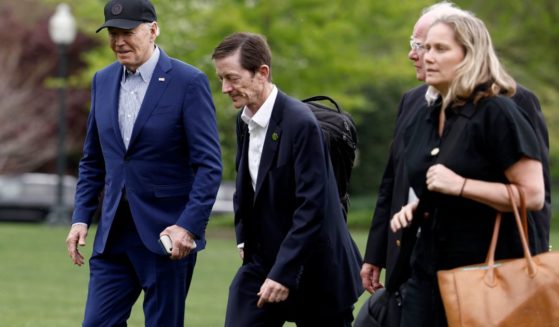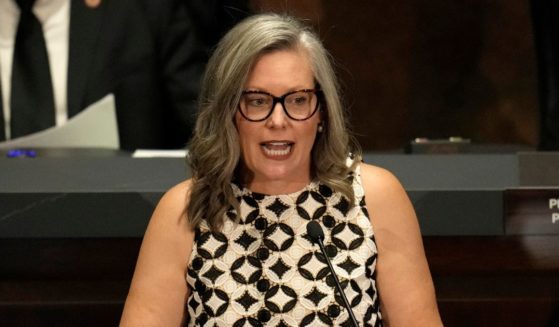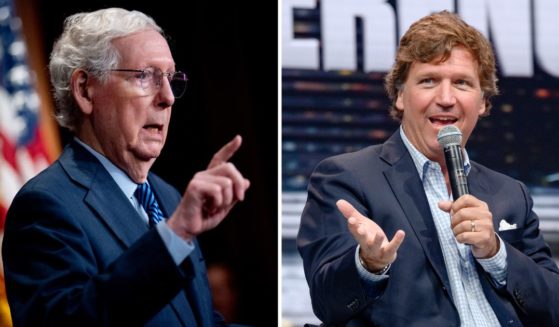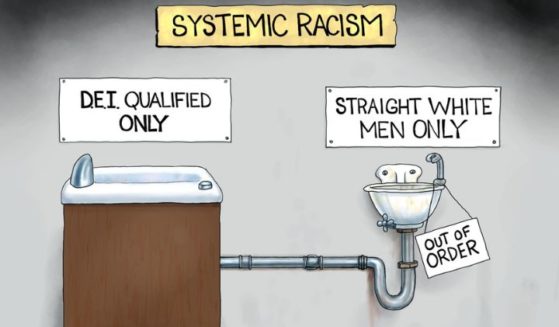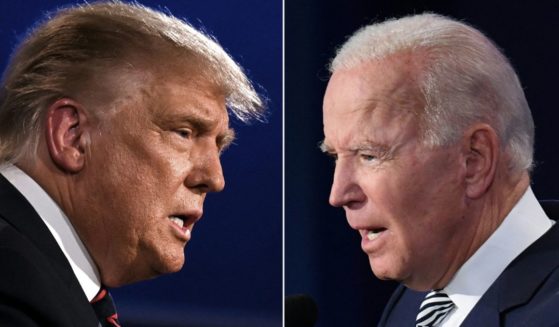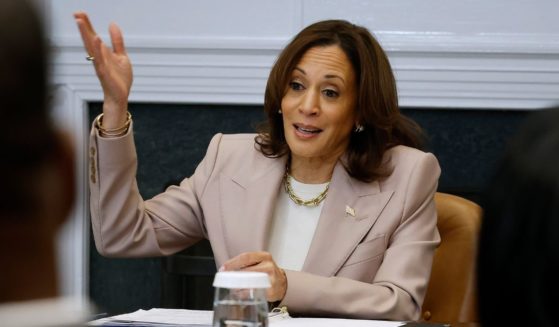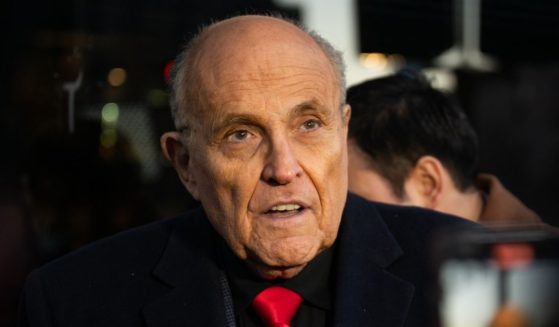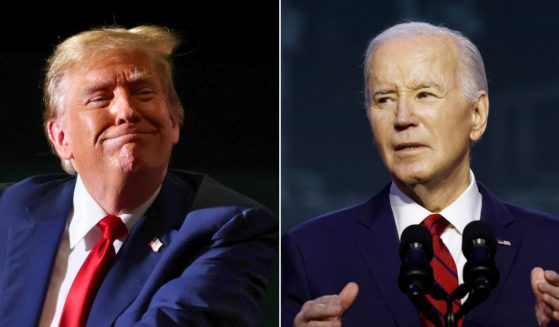Twitter Gets Trump 'Fact Check' Wrong, Forced To Revise Disclaimer
To quote the great (fictional) Omar Little: “You come at the king, you better not miss.”
The same goes for the president.
On Tuesday, Twitter finally did what Jack Dorsey’s baby has been longing to do for ages: It attempted to fact-check President Donald Trump. The occasion was mail-in ballot fraud, something Trump said was possible and Twitter was less convinced about.
The fallout from Twitter’s decision is still being assessed, but here’s one thing we can tell you: When they came at the president, they missed.
According to The Wall Street Journal, Twitter’s “fact check” about states which conduct mail-in voting was actually erroneous, leading to a revision of its disclaimer on Trump’s tweets.
In case you missed it, here were the tweets that got Twitter’s hackles up:
BREAKING: For the first time, Twitter labels ‘fact-check’ notifications on tweets from President Donald Trump pic.twitter.com/O9XQ8usgtB
— Breaking911 (@Breaking911) May 26, 2020
This was the first time Twitter had appended the fact-check label to any tweet that hadn’t involved COVID-19 misinformation, The Wall Street Journal reported.
Clicking on the link would get you some “unbiased” information from Twitter, including the claim that “there is no evidence that mail-in ballots are linked to voter fraud.”
Ironically, this happened on the same day authorities announced a charge of fraud involving a small number of mail-in ballots against a postal worker in West Virginia, according to CNN.
Twitter also ignored the case in North Carolina’s Ninth Congressional District where an entire election was declared null and void because of the fact that a Republican political operative allegedly collected unsealed absentee ballots in contravention of state law.
But anyhow, regarding Twitter’s fact-check label, it came after a May 20 tweet in which Trump claimed Michigan had sent absentee ballots to voters before the primaries, when in fact they had sent absentee ballot applications. Twitter warned Trump the post risked triggering the company’s fact-checking, and the tweet was deleted, problem solved.
This time, of course, was different. However, there were issues with Twitter’s fact-check claim — namely, it was fact-challenged itself.
“Twitter’s fact check of Mr. Trump’s tweet appeared to contain its own misleading statement, however, stating that ‘mail-in ballots are already used in some states, including Oregon, Utah and Nebraska,'” The Wall Street Journal reported in its Tuesday piece.
“That statement appears to conflate automatic all-mail voting with absentee ballots in regards to at least one state.
“While all states allow absentee voting via the mail, only a handful of states including Oregon and Utah automatically send registered voters mail-in ballots. Nebraska, in contrast, recently mailed applications to every voter — in response to the pandemic, and the state didn’t automatically send ballots.
“The mistake raised questions about Twitter’s ability to serve as an independent service to fact check statements by Mr. Trump or other political figures on its service. Late Tuesday, Twitter updated its language to remove reference to Nebraska and instead stated that ‘five states already vote entirely by mail and all states offer some form of mail-in absentee voting.’”
So apparently, when you wanted to get the facts from Twitter about mail-in voting, they didn’t quite give you the facts.
The row between Trump and Twitter came days before a Thursday executive order in which the president tried to trim the broad protections enjoyed by social media companies under the Communications Decency Act.
As The Wall Street Journal noted, Section 230 of the 1996 bill has long been a target of politicians on both sides of the aisle, but particularly the right.
That part of the bill shields tech companies from legal liability as publishers if they’re merely a platform for discussion. However, the thinking goes that if they’re fact-checking in a selective way, that makes them a publisher, not a platform — a putative violation of Section 230.
That executive order will likely be tied up in court for quite some time, at the very least.
However, when it comes to fact-checking, it’s curious that Twitter decided to step in when it did.
The president faced some criticism when he brought up, one might argue in a trollish manner, a conspiracy theory regarding MSNBC host Joe Scarborough and the death of one of his aides in 2001 when Scarborough was a Republican congressman.
On May 4, during a “Morning Joe” episode which involved criticism of Trump’s response to the novel coronavirus, Trump tweeted that MSNBC parent company Comcast should “open up a long overdue Florida Cold Case against Psycho Joe Scarborough,” a reference to the death.
If Twitter was going to fact-check something, that probably would have been the time to do it.
Granted, it was likely a troll, but the facts of the case are clear; the 28-year-old died after a fall precipitated by an undiagnosed heart ailment. Twitter said it would take no action regarding the tweet.
But mail-in vote fraud? That one they’re going to jump on top of — not in the least because it could affect the outcome of the 2020 election.
Because of the coronavirus pandemic, there are some that believe an all-mail-in ballot election is inevitable.
The problem is that the scope of this would lend itself to a multitude of problems — not the least of which is a voter fraud, among other problematic outcomes.
That Twitter decided this was the issue where they were going to take their shot at the king is telling.
They failed to understand how limited the scope of mail-in voting really was, even as they acknowledged it was already limited.
In short, they missed.
Truth and Accuracy
We are committed to truth and accuracy in all of our journalism. Read our editorial standards.


